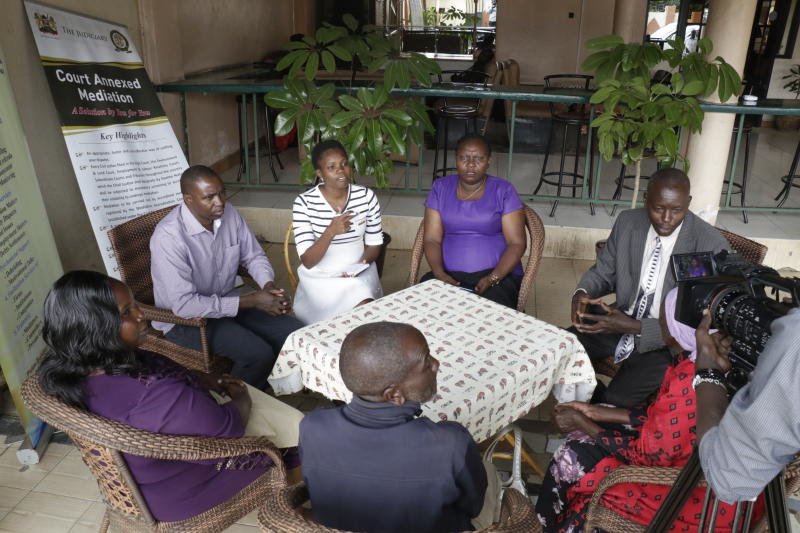×
The Standard e-Paper
Fearless, Trusted News

For nine years, Rosemary Nyambura and her co-wife battled in court for their late husband’s property.
When the family’s bread winner died on March 9, 2010, life became hard for Nyambura as she tried to fend for her children. The succession case made things worse, it drained the family’s finances.